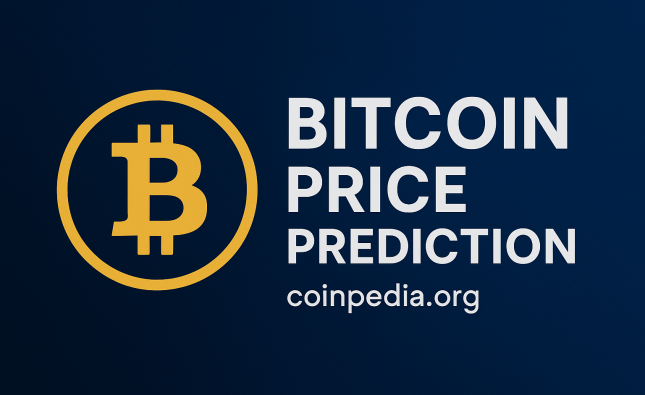
Buckle up, investors! The Federal Reserve has just announced their decision to double down on rate hikes despite high inflation levels. With the stock market already showing signs of volatility, many are wondering whether it’s time to panic. In this blog post, we’ll analyze the implications of the Fed’s move and explore what it means for your investments. So grab a cup of coffee and dive in – you won’t want to miss this!
The Fed’s Decision
On Wednesday, September 26, the Federal Reserve voted to raise interest rates by a total of 0.25%. This move was seen as a response to persistently high inflation rates in the United States, which have risen above 2% for the first time since 2007. In its press release following the meeting, the Fed stated that “[t]he Committee believes that raising the target range for the federal funds rate remains justified and appropriate based on current information.”
This decision has been met with mixed reactions from investors and analysts. While some argue that this move will help to slow down inflationary pressures and maintain economic stability, others believe that it is already too late and that investors should be panicking as a result. In this article, we will explore both sides of the argument and try to determine what implications this decision might have for investors.
The main concern among many investors is that this increase in interest rates could lead to another financial crisis. According to Business Insider, “investors are freaking out about how [the] latest Fed rate hike will impact stock prices,” with some predicting a potential downturn of up to 10% in markets if things continue to go south. Others worry about how this could affect mortgage rates and other borrowing costs, especially given that there is already an extremely low level of interest available in the market at present.
It is important to keep in mind however that while these concerns are warranted, they are still largely speculative at this point. It is also worth noting
What It Means for the Market
Investors have been fretting about the implications of the Federal Reserve’s decision to double down on its rate hike campaign despite high inflation rates. Some market analysts are already warning of a coming market panic, while others are insisting that this isn’t cause for alarm.
The debate over whether or not it’s time for investors to panic is complex and nuanced. On the one hand, there are those who believe that the market is due for a crash given the current level of inflation and interest rates. On the other hand, many experts maintain that this policy move by the Fed isn’t actually causing much damage yet and that a panicked reaction in markets would be foolish and ultimately self-defeating.
Ultimately, it will be up to individual investors to decide whether or not they feel comfortable investing in volatile markets at a time when there is still significant uncertainty about what direction things will take.
How It Will Affect Economic Growth
Investors were expecting the Federal Reserve to announce a reduction in its stimulative measures, but the central bank opted instead for another two quarter-point rate hikes. This decision has sparked fears of a late-stage recession and heightened worries about the impact of inflation on future economic growth.
In this blog post we will explore how increased inflation could have an adverse effect on both consumption and investment, and how these trends could ultimately lead to a slowdown in economic growth.
What This Means for Investors
Investors have been waiting for the Federal Reserve to raise rates ever since the financial crisis, and this move means that they’re getting closer to their ultimate target. But what does this mean for investors?
First, higher rates can lead to a decrease in demand for stocks and other investments. For people who are trying to save money, this means that their returns will be lower than they would have been if the Fed hadn’t hiked rates.
Second, inflation is going up because of the rate hike. This means that investors’ dollars will lose buying power over time, which could make it harder for them to afford things like housing or college tuition.
And finally, the Fed’s decision might lead to more debt defaults in the future. If people are borrowing money to buy stocks or other investments, a higher interest rate might mean that they won’t be able to afford those debts come due.
What to Do Next
When the Federal Reserve announced in December that it would raise interest rates for the third time since the financial crisis, many investors were concerned. This decision comes at a time when inflation is high and there are concerns about the long-term effects of increasing rates. In this article, we’ll analyze the implications of the Fed’s decision to double down on rate hike despite high inflation.
First, we’ll look at why policymakers decided to raise rates despite inflation being high. The Fed believes that raising rates will slow GDP growth and encourage people to spend their money elsewhere rather than invest. However, there are potential risks associated with this policy choice, including a possible stock market crash. If stock prices decline, people could lose a lot of money and may be less likely to invest in stocks in the future.
Second, we’ll look at how higher rates could affect different parts of the economy. Higher interest rates will make it more expensive for companies to borrow money and will increase borrowing costs for consumers as well. This could lead to a slowdown in spending as consumers shift their money away from purchases that require borrowed money (like cars or mortgages) and towards necessities (like food or rent).
In short, while there are risks associated with raising interest rates now, policymakers believe that these risks are worth taking given the concerns about long-term economic growth and inflation. So far, however, market reactions have been mixed – some stocks have dropped while others have increased slightly following the announcement. It’s










